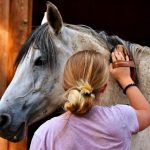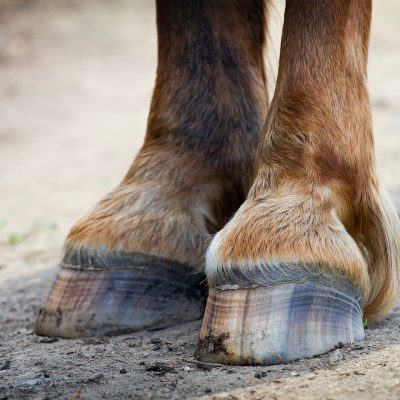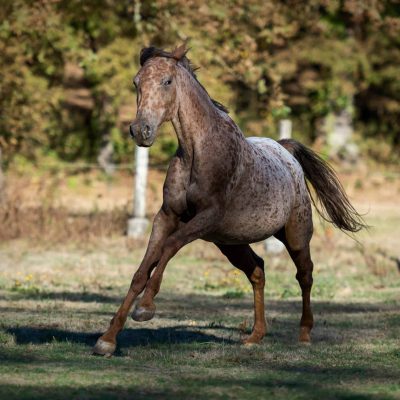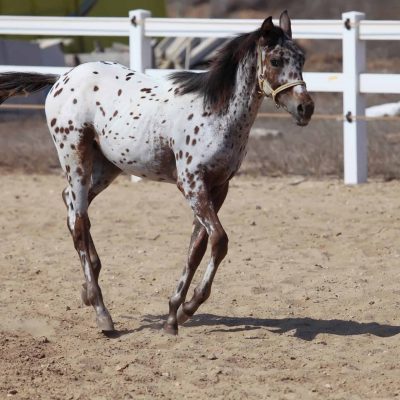Common Injuries and How to Handle Them
As horse owners, we always strive to keep our equine friends safe and healthy. However, accidents can happen even with the best care. Knowing how to handle common injuries and perform basic first aid is crucial in ensuring the well-being of your horse. In this chapter, we’ll cover some of the most common injuries and how to handle them.
Cuts and Scrapes
Horses are prone to cuts and scrapes, especially when turned out in the field or during riding. If you notice a cut or scrape, clean the wound with warm water and mild soap. If the wound is bleeding heavily, apply pressure with a clean towel or bandage until the bleeding stops. Apply an antiseptic cream or spray to the wound and cover it with a clean bandage. Change the bandage daily and monitor the wound for any signs of infection.
Sprains and Strains
Horses can easily sprain or strain their muscles and tendons during exercise or turnout. Signs of a sprain or strain include limping, swelling, and pain. If you suspect your horse has a sprain or strain, limit their exercise and turn out and contact your vet for a proper diagnosis. Cold therapy, such as icing the affected area, can help reduce swelling and pain.
Colic
Colic is a common and potentially life-threatening condition in horses. Signs of colic include restlessness, sweating, pawing at the ground, and rolling. If you suspect your horse has colic, call your vet immediately. In the meantime, remove all food and water from the horse and walk them to help alleviate any discomfort.
Heat Exhaustion
Horses can easily become overheated during exercise or on hot days. Signs of heat exhaustion include excessive sweating, rapid breathing, and lethargy. If you suspect your horse has heat exhaustion, move them to a shaded area and offer them water. Sponge their body with cool water, paying particular attention to their neck and legs.
As a responsible horse owner, it’s essential to know how to handle common injuries and perform basic first aid. Always have a well-stocked first aid kit on hand and contact your vet immediately if you suspect a serious injury or illness. Remember, prevention is key in keeping your horse healthy and happy.








No Comment! Be the first one.